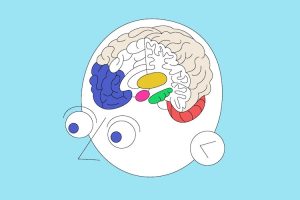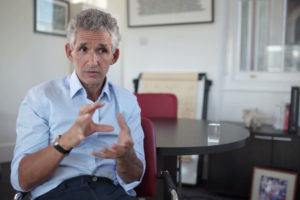Neurogenetic profiles of human memory components
Computational models allowed researchers to analyze the genetics of mental processes
What are the differences between mice living in a place with dark soil or on sand dunes? How do animals adjust to their habitat? What genetic mechanisms control hair colour? Harvard Alexander Agassiz Professor of Zoology, Hopi Hoekstra, describes the study focused on adaptive mutations in mice.
So here we have now a gene that affects the coat colours which affects the survival of these mice in the wild, and we could have stopped the story there, because here we found the gene involved in adaptation. But we were really interested in the mutations that are involved. So why were we interested in mutations? Well, if you have the mutations in hand, you can start to understand how precisely changes in gene expression evolved.
So we sequenced about two hundred thousand base pairs in hundreds of individuals of mice that we caught on the edge of the sand dunes. And the edge is important, because that’s where dark and light mice come, and meet, and mate. And they’re all scrambled up. And so we could then ask: in that sort of heterogeneous population, which mutations were associated with the lighter forms and the darker forms?
And initially what we thought was that we would find one mutation in there that would, you know, have a big effect on overall coat colour. But in fact, we found the opposite.
Let me give you a little bit more background. So, originally, when I started telling you the story, I said there was sort of a golden mouse and a dark mouse. And that’s originally what we thought. But when you look more closely at the mice, not only are they more golden and their hairs are different in this bending pattern, but where the belly and the back colour meet, they’re shifted up; not only the hairs have this different bending pattern, but they’re also lighter; the tail stripe is different, the pigment on their face – so there was a number of these subtle changes that together gave us overall phenotype.

Computational models allowed researchers to analyze the genetics of mental processes

Scientists used 3D-printing technology to investigate the possible reasons why seahorse's tail evolved into it...

Biologist Tim Spector on the overall weight of our microbes, remembering our natural roots, and the importance...